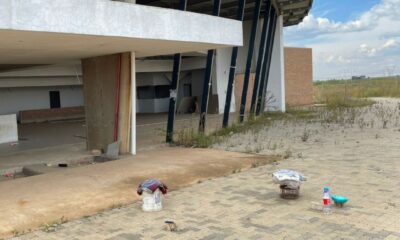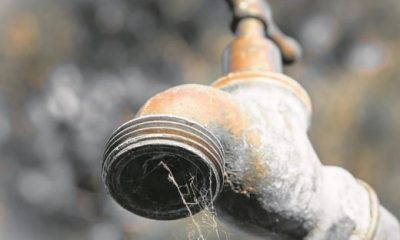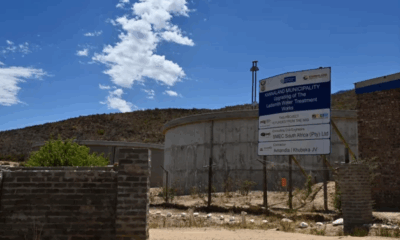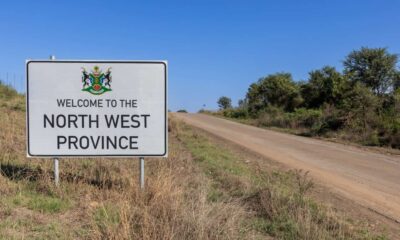News
Lepelle Hits Back at Critics: Limpopo Water Utility Touts Turnaround as Projects Gain Momentum
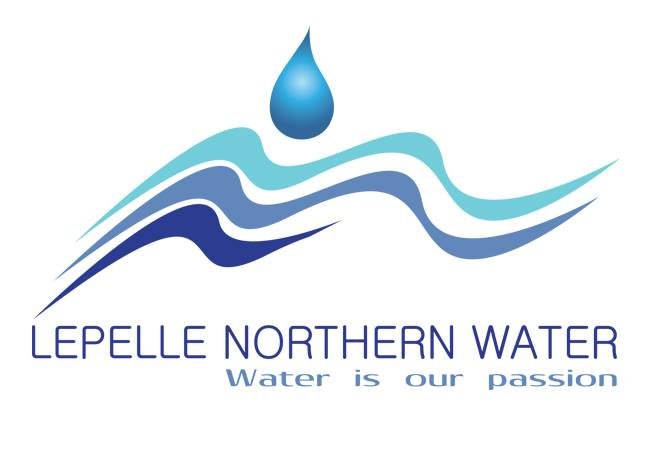
After years of missed deadlines and mounting frustration, Lepelle Northern Water (LNW) says the tide is finally turning. But is it fast enough for Limpopo?
Lepelle Northern Water, the state-owned entity responsible for delivering bulk water to communities across Limpopo, has come under fire from government leaders and local authorities for persistent delays on crucial infrastructure projects. Yet the utility insists that its internal overhaul, launched after a leadership change in 2021 is now starting to show results.
In recent weeks, frustration has been mounting. Deputy Water and Sanitation Minister David Mahlobo openly criticised LNW’s track record, pointing to long-stalled projects and rising discontent among water service authorities across Limpopo.
“There is widespread dissatisfaction,” Mahlobo said bluntly, noting that several LNW-led initiatives have dragged on far beyond schedule.
Limpopo’s Water Woes
Water access in Limpopo has long been a flashpoint. Despite multiple government-funded infrastructure projects intended to boost supply to rural and peri-urban communities, residents in areas like Giyani and Musina continue to face erratic or non-existent service.
The Department of Water and Sanitation, now under Minister Pemmy Majodina, has brought in reinforcements to bolster LNW’s shaky performance. Rand Water, the Lebalelo Water User Association, and the Government Technical Advisory Service are all now involved in supporting procurement and project oversight.
In a further move to accelerate delivery, the Development Bank of Southern Africa (DBSA) has been appointed as the implementing agent for two high-impact projects: the Musina-Zimbabwe water transfer scheme and the Nandoni water treatment plant upgrade.
Lepelle: “We’ve Changed and It’s Working”
For its part, Lepelle is pushing back against what it sees as outdated criticism. CEO Cornelius Ruiters insists that since 2021, the utility has been in turnaround mode and that 2023 marked a real turning point.
“We’ve restructured internally and cleaned house externally,” said Ruiters. “We’ve terminated underperforming contractors and replaced them with capable service providers. And we’ve built a professional in-house engineering team to manage projects directly.”
Ruiters said recent improvements in project delivery, on time and within budget are proof of progress. “There’s a new culture of accountability at LNW,” he said.
One of the biggest projects under the microscope is the Olifantspoort-Ebenezer scheme, which now has support from the Infrastructure Fund to help with project finance and execution.
Government Cautious, but Watching
Despite Lepelle’s upbeat message, national government remains cautious. The Department of Water and Sanitation has scaled back LNW’s new project allocations to allow the utility to focus on completing what’s already on its plate.
This reflects a growing trend in public infrastructure: rewarding performance and pulling back from institutions that fail to deliver.
Still, LNW’s survival and its credibility, now hinges on whether it can sustain this new momentum. For thousands of Limpopo households waiting on clean water, the stakes couldn’t be higher.
Public Patience Wears Thin
On social media and in local municipalities, frustration hasn’t cooled. “We’ve heard promises before,” one resident posted on X (formerly Twitter), reacting to news of LNW’s statement. “Let’s see the taps running, not the excuses.”
Others are calling for greater transparency, asking the department to publish detailed progress reports and project timelines.
LNW says it’s no longer the same utility it once was. With new contractors, oversight from Treasury and DBSA, and leadership claiming to clean house, the pieces may finally be falling into place.
But in Limpopo’s dry, dusty villages, where trust in public institutions is scarce and water even scarcer, proof will come not in promises, but in the pipes.



